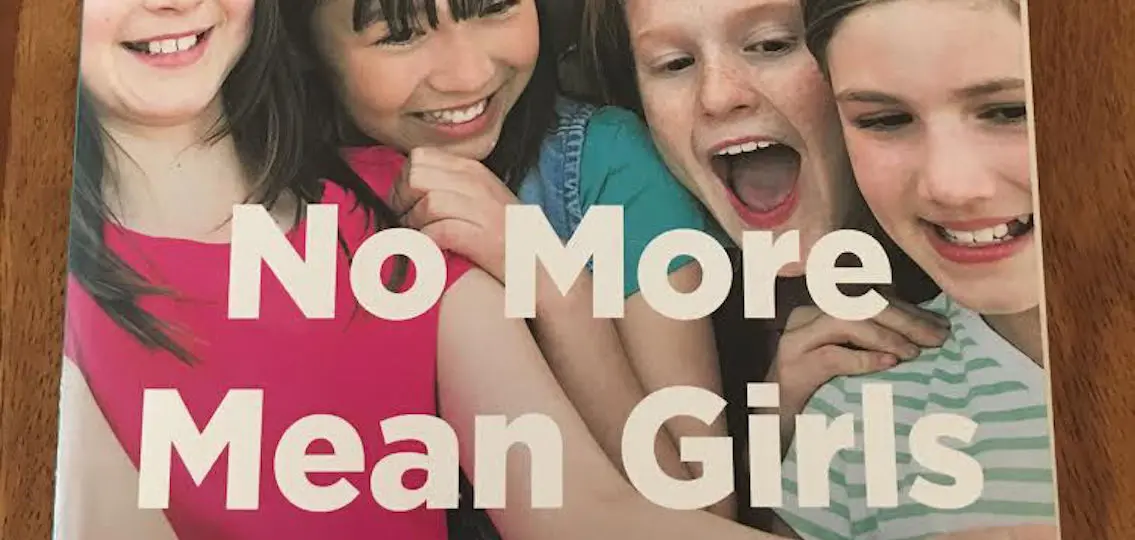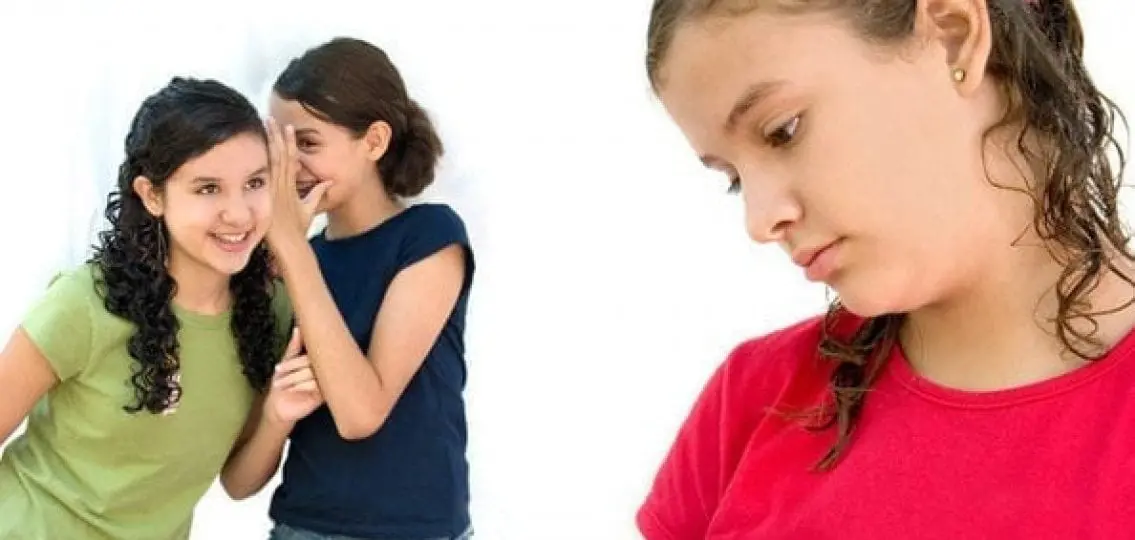Dealing with mean girls isn’t easy for parents or their daughters. And what if our own daughters are the mean girls? We asked Dr. Lisa Damour, author of Untangled: Guiding Your Teenage Daughter Through the Seven Transitions to Adulthood, to answer some common questions about girls friendship problems.

Q: My 5th grade daughter overheard a group of girls making fun of another girl. What should she do?
Damour: For starters, confirm with your daughter that what she overheard was inappropriate. Make sure that you can understand why it was upsetting for her to hear it. I don’t think that your daughter should feel obliged to interrupt the overheard conversation and chastise her peers. Realistic expectations of children should be maintained.
However, you can let her know that if she finds herself in conversation with children who start to make fun of someone, she should feel free to say something. Try saying, “Hey, guys, I like her, please stop.” Or, “It’s not cool to tease someone who isn’t here to defend herself. Let’s find a new topic.”
Q: Where does “mean girl” behavior come from?
Damour: All girls have mean feelings, but not all girls will allow themselves to act on those feelings. So why are girls mean? Unfortunately, when girls do allow themselves to be mean, they quickly gain a great deal of power.
Girls fear other girls who are willing to be mean. They will try to maintain safety by befriending or avoiding the mean girl. When girls identify who is “popular” in their grade, they usually identify girls with the most social power, not necessarily the girls who are most widely liked. So, the behavior is “learned” insofar as it is almost always reinforced or rewarded with the acquisition of social power.
| [adrotate banner=”160″] |
Q: My daughter is part of a tight-knit social group and they don’t include others. Help?
Damour: It’s perfectly normal for children to have friends they prefer. And they may want to hang with some kids to the exclusion of others. Even as adults, we certainly have friends we want to be with and people we’d rather avoid.
That said, make it clear to your daughter that you expect that she will always be polite to all of her classmates. This means that if a classmate asks to play with your daughter and her friends during the school day, they should graciously include them. If your daughter and her friends are eager to spend time together exclusively, help them find ways to do that outside of the school day.

Q: My daughter’s group of friends dumped her. She’s made some new friends but feels bad about herself. What now?
Damour: Reassure your daughter that having different friends at different times is part of life. Our kids, whether they are teens, tweens, or even younger, sometimes get the idea that they should stay friends with each other forever and that anything else is a tragic outcome. Let her know that she deserves to have friends who want to be with her and who treat her well.




